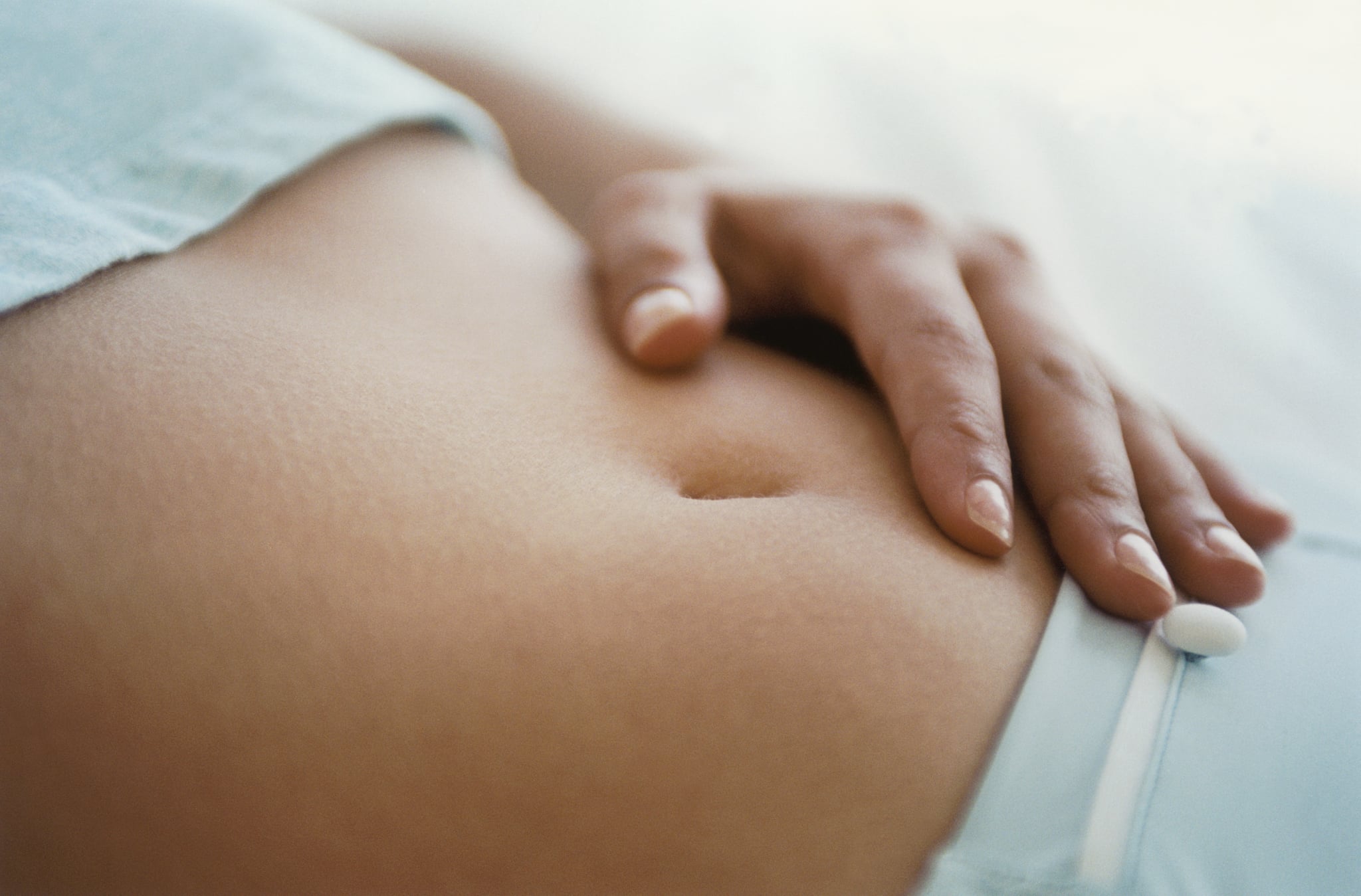
Your belly button is one of those body parts that doesn’t get a lot of attention. But if you notice an odor wafting from down there, it’s more than understandable to wonder, “Why does my belly button smell bad?”
Belly button smells aren’t overly common, but doctors say they do happen. For the record: This is a sign that you need to take some sort of action. Whether it’s cleaning your naval area or scheduling a doctor’s appointment, a smelly button isn’t something you should ignore. Ahead, learn more about why belly buttons smell and when to see a doctor, according to experts.
Why Does My Belly Button Smell?
There’s a pretty wide range of potential causes when it comes to belly button scents. “When a body part has an odor, it usually signifies an overgrowth of microorganisms on the skin, either a bacteria or fungi,” says Joshua Zeichner, MD, the director of Cosmetic and Clinical Research in Dermatology at Mount Sinai Hospital. “In some cases, it may represent an infection, but in others, there simply could be an over-colonization of the organisms on the skin.”
Unfortunately, your belly button operates as a catchall for a range of things that can lead to stink. “Your belly button typically has folded skin where old skin cells, sweat, dirt, and sebaceous material from oil glands all get trapped,” says board-certified dermatologist Ife J. Rodney, MD, founding director of Eternal Dermatology Aesthetics. “These deposits can all lead to a mild or unpleasant odor.” Worth noting: A 2012 study on bacteria and belly buttons found that there are up to 67 different species of bacteria in the average navel, so there’s a lot happening in that smell area.
Bacterial and fungal infections can happen anywhere in the skin, but especially folded skin like the belly button, Dr. Rodney says. “Bacterial infections can occur if you scratch the area and break the protective skin barrier,” she explains. “Fungal infections usually occur where there is moisture buildup as infections, like candidiasis— a common fungal infection in the belly button area—thrive in these conditions.”
Some people even have what’s called urachal cysts, which is leftover fluid and tissue from the umbilical cord material at birth, Dr. Rodney says. “This cyst can also get infections from time to time in certain situations,” she adds.
And at a more basic level, a smelly belly button could be due to just not cleaning the area well, says New York-based board-certified dermatologist Gary Goldenberg, MD, founder of Goldenberg Dermatology.
What to Do If Your Belly Button Has an Odor
If you’ve got a smelly belly button, Dr. Goldenberg recommends taking matters into your own hands first using an antibacterial soap to wash and clean out the belly button.
You can also try a mild soap like Cetaphil, CeraVe, or Dove’s unscented body bars, Dr. Rodney says. “Avoid scratching, exfoliating, or scrubbing the skin,” she says. Dr. Rodney also recommends gently removing any dirt or large pieces of debris with a wash cloth, noting that you should avoid using any scraping tools or sharp objects that could cause a break in your skin. “This should be enough to improve the odor,” she says.
If that doesn’t do the trick, Dr. Zeichner suggests using both an over-the-counter athlete’s foot cream and OTC bacitracin ointment to treat bacteria and fungus that could be lurking in your naval. “If this is not working after two weeks, make sure to visit a board-certified dermatologist for an evaluation,” he says.
When to See Your Doctor About Belly Button Smells
If you’ve washed the area and tried antifungal and antibacterial creams, it’s a good idea to check in with your doctor to see what could be going on. But Dr. Rodney suggests calling your doctor sooner if you notice any of the following symptoms in or around your belly button:
- Redness
- Oozing
- Crusting
- Pain
- Drainage
- Pus formation
The above symptoms suggest that you have a bacterial or fungal infection, Dr. Rodney says.
How Are Smelly Belly Buttons Treated?
Your doctor will evaluate your belly button to try to figure out what could be causing the smell. From there, they’ll likely prescribe medication to help get rid of the smell and the underlying issue.
“Your doctor can recommend or prescribe medications such as a topical or oral antibiotic or anti-fungal medication,” Dr. Rodney says. “For issues like candidiasis, we may prescribe a special topical powder or foam that helps improves symptoms, absorbs moisture, and keeps the area clean and dry.”
If you find that belly button smell is a regular issue for you, talk to your doctor. They should be able to recommend personalized treatment and prevention tips to keep you comfortable and odor-free down there in the future.
